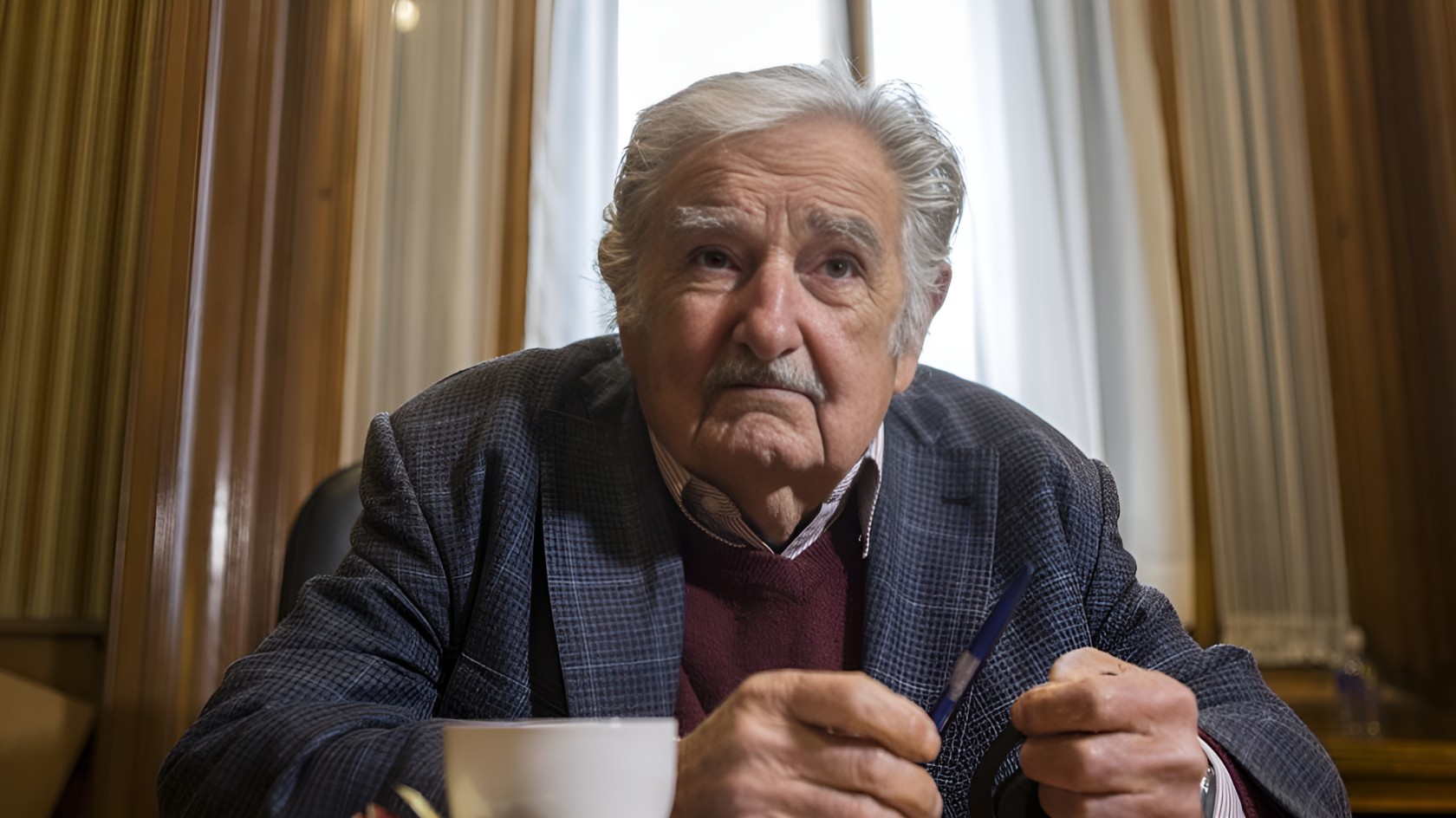José Mujica, Uruguay’s humble Former President, dies at 89

Known affectionately as "Pepe," Mujica passed away after battling oesophageal cancer.
Former Uruguayan President José Mujica, widely admired for his modest lifestyle and outspoken views on justice and equality, has died at the age of 89.
Known affectionately as "Pepe," Mujica passed away after battling oesophageal cancer, though the exact cause of death has not been disclosed. His death was announced by current President Yamandú Orsi, who wrote: "thank you for everything you gave us and for your deep love for your people."
Mujica served as Uruguay’s president from 2010 to 2015.
His time in office was marked by bold social reforms and a personal lifestyle that stood in sharp contrast to most world leaders.
Refusing to live in the presidential residence, he stayed with his wife, Lucía Topolansky, in their modest home on the outskirts of Montevideo, gave away most of his salary, and drove a 1987 Volkswagen Beetle.
"They say I’m the poorest president. No, I’m not," Mujica said in a 2012 interview. "Poor are those who want more [...] because they’re in an endless race."
His legacy includes the legalisation of marijuana, the recognition of same-sex marriage, and the legalisation of abortion.
These reforms made Uruguay the first country to regulate recreational cannabis use, drawing global attention and making Mujica one of the most recognisable leaders in Latin America.
Mujica's path to the presidency was far from conventional. In the 1960s, he co-founded the leftist guerrilla group Tupamaros National Liberation Movement, inspired by the Cuban revolution.
The group carried out armed actions, and Mujica was arrested four times, once nearly dying after being shot six times.
He escaped prison twice, once through a tunnel with over 100 other inmates, and spent more than 14 years behind bars, often in harsh isolation, before being released in 1985 when democracy returned to Uruguay.
He often spoke about how prison shaped his worldview. "Becoming president was insignificant compared to that," he once said, referring to his release as his happiest memory.
After his release, Mujica transitioned into politics, first serving in parliament and then as a minister in the left-wing Frente Amplio government.
He was elected president in 2010 at age 74, joining a wave of left-leaning leaders across Latin America at the time.
Despite his humble image, Mujica’s presidency was not without criticism.
Public spending rose, the fiscal deficit widened, and he was unable to fix growing problems in education, despite making it a top priority.
Still, he maintained high approval ratings and left office with broad public support.
Unlike some regional leaders, Mujica was never accused of corruption or undermining democracy.
After stepping down, he was elected senator but also spent time travelling and remained a respected voice in national and international discussions.
Last year, Mujica confirmed that he had been diagnosed with cancer.
In his final interview in November, he spoke openly about the inevitability of death: "One knows that death is inevitable. And perhaps it’s like the salt of life."
His political successor, Yamandú Orsi, won the presidency in 2024, with Mujica’s group within the Frente Amplio also gaining strong parliamentary representation.
Mujica retired from politics in 2020 but continued to influence national life. His death marks the end of a chapter in Uruguay’s political history, remembered for honesty, simplicity, and a lifelong commitment to justice.
